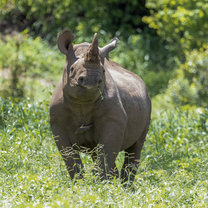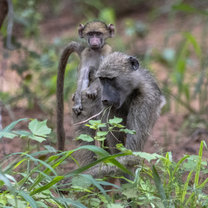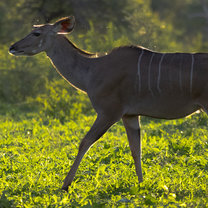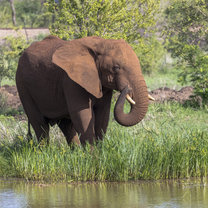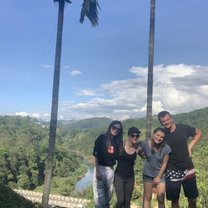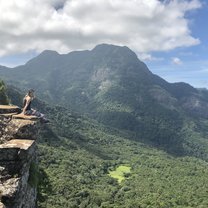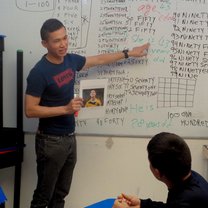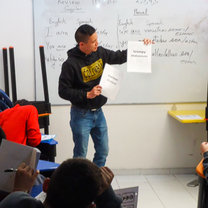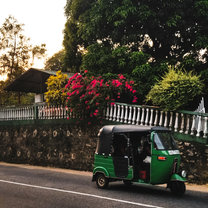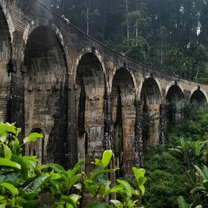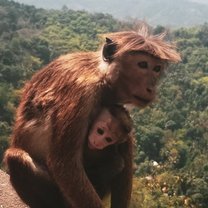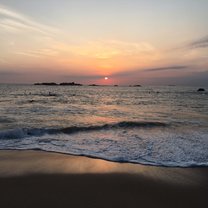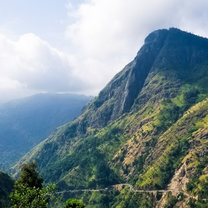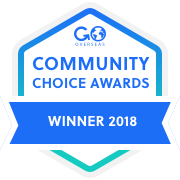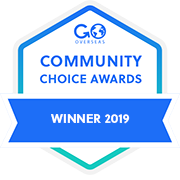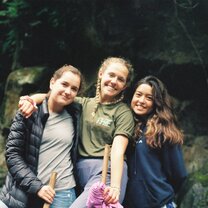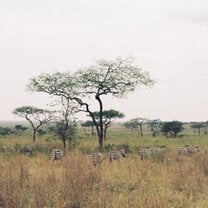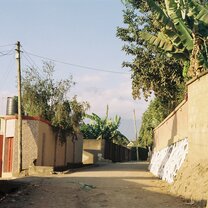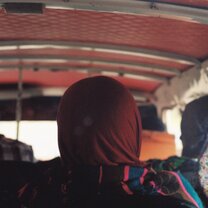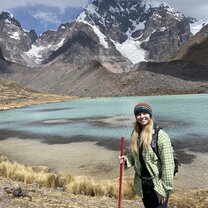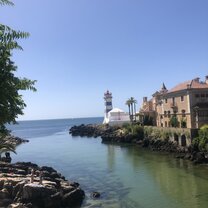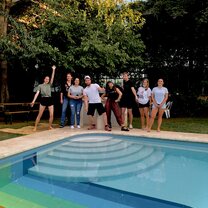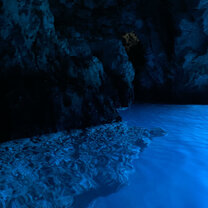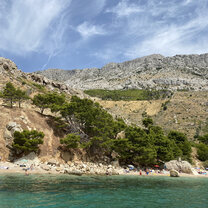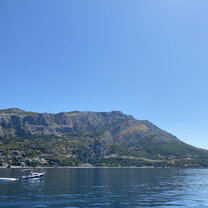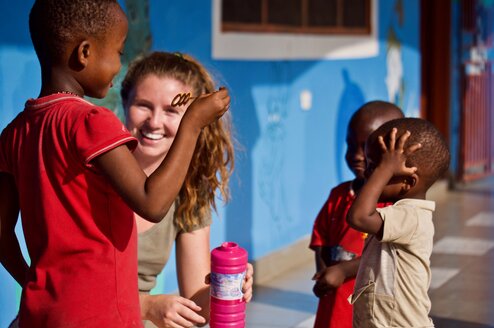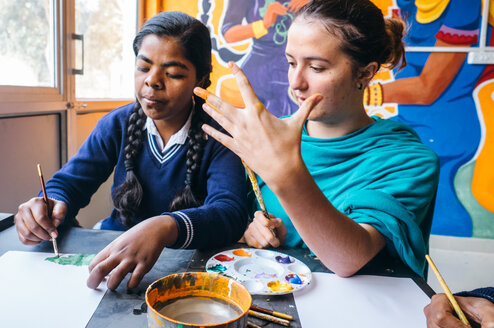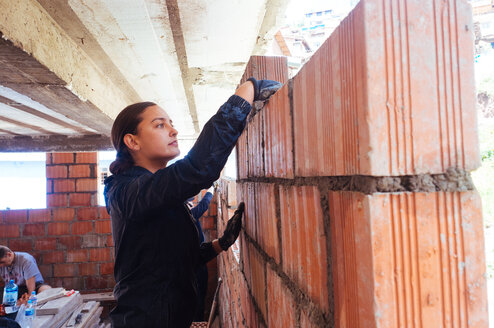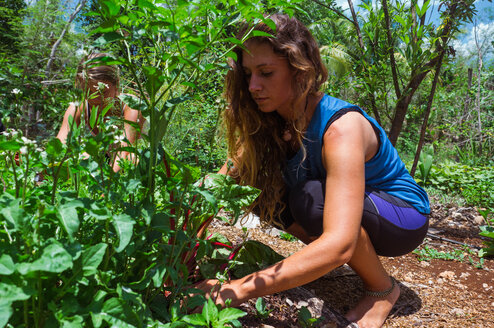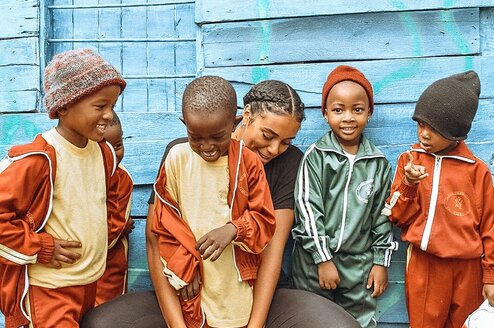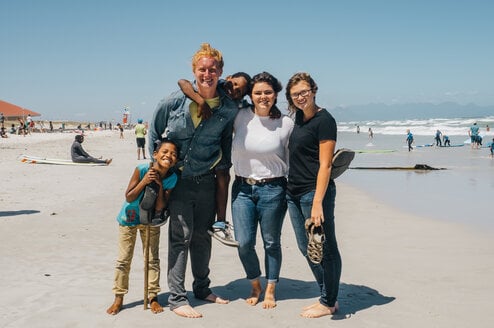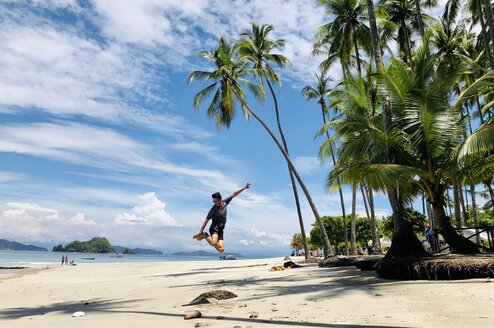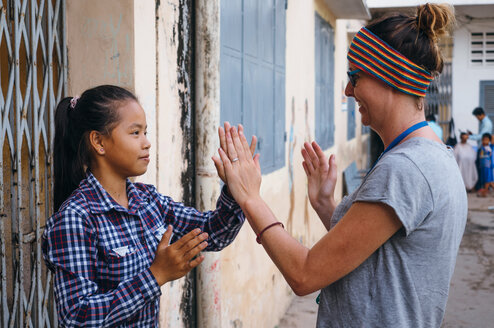I have two pieces of advice, one for travel in general (which I've known for a long time) and one specific to this program.
1: Travel is like many aspects of life: it goes better if you use common sense to stay safe and keep an open mind and easygoing nature to stay happy. Sometimes unexpected things happen. That's life. Use common sense to survive it and be ready to shrug delays or mishaps right off your shoulders. I was bitten by fire ants. It wasn't an experience I'd like to repeat, but I treated the bites with creams, learned to wear long pants, and in no way did I allow it to dampen my spirits or my desire to experience what I could.
2: Don't be afraid. There are people to take care of you, systems to support you, and there's always a solution to a problem. What I learned in this program was that sometimes people surprise you with their kindness. Don't be afraid to believe in people (but always remember common sense!). The volunteers I was with and the program operators astonished me with their good hearts. It made me regret not holding a fundraiser at work for this program, a choice I made because I forgot that sometimes people are good.
I was only in Nakavango, Victoria Falls for two weeks and things will be different depending on how long you're there, time of year, and what is required (e.g. during the rainy season you might have to fix roads or clear debris from bridges).
Shifts for when I was there were about 1.5 hours each. Weekdays start at 6 AM. That means you have had your breakfast and are ready to go at 6 AM.
Monday we did game drives, getting oriented in the park or else doing an animal count. Tuesday we pulled datura in the morning. Datura was ridiculously satisfying to pull out and I could have done that nearly all day. In the afternoon, you might go to Victoria Falls or else do some chore around the compound.
Weds is the primary school where you'll garden or clear the field of rocks and the afternoon is enjoying the sunset with a beer after a drive around the park. Thurs we worked in the garden, digging garden beds and in the afternoon we packed camping gear and went camping. Friday morning half went pack to the compound and unpacked while the other half went tracking on foot. Friday afternoon we dug up lantana, which was the hardest work I had to do since the bush has to be taken out at the roots. All days we had about 5hrs between getting back to the compound for lunch and the 2nd shift of work or whatever afternoon activity was planned.
Weekends were usually spent in town doing tourist things.
My biggest fear of going to Zimbabwe was simply getting a visa. I was terrified I would forget some little piece of paperwork and would be denied a visa. I got triplicates of every document and passport photos. Didn't get asked for any of it! This, however, doesn't mean you shouldn't be prepared. It just means you shouldn't stress about things so long as you are organized.
The second biggest fear I had was that I wouldn't be able to contribute anything useful. I honestly had no idea what I'd be doing on a regular day. Thankfully, this program didn't require particular skills and we had people from 18-65 yrs participating. If you can prune a bush, you can do something in Nakavango. That IVHQ asked questions such as what skills I had encouraged me that I wouldn't be sent off to do something I wasn't qualified for.
I compare the accommodations and services to a mix of camping and hotel or camping with a trailer/cabin with surprisingly comfortable beds. We had laundry services every Weds and, even though the washing machine was broken, the laundry was back by Thurs. Just note that apparently the guy who washes things likes to iron EVERYTHING.
While I was prepared for pretty much what we got, one girl was expecting to be out in the bushes without toilet paper. Seriously. She packed 9 packages of baby wipes, which she ended up donating (so, not a bad ending). We did have running water, electricity (carry a flashlight EVERYWHERE as power failures happen randomly), private rooms with a fan, wifi (not always working), a pool, absolutely excellent chefs (lots of pasta, rice, chicken, fresh veggies thanks to the garden, and fresh breads), cleaners, and the ability to choose our level of participation. If you really didn't want to do something, you might get teased or razed, but you weren't punching in a time card for work. One girl chose to do almost no work. As much as we disliked her for this lack of team spirit, it was her choice.
A little bit of advice is to bring more USA cash than you expect to use. There is an art market in town with plenty to offer (be prepared to be attacked on all sides by salesmen) and you will want to leave a bigger tip than you think for the staff at Nakavango. The cleaner not only had a nice little corner set up with trinkets that I wish I'd bought more from but he fixed my hiking boots. What did he do? He sewed through rubber so I could have my boots for another week. Apparently they will last another 20 years. I hate those stupid boots, but I wish I'd brought more cash to tip him, buy more of his artwork, and tip the chefs who were so committed to their job that I couldn't break it to them that I'd eaten in town and didn't need the dinner they'd set aside for me.



